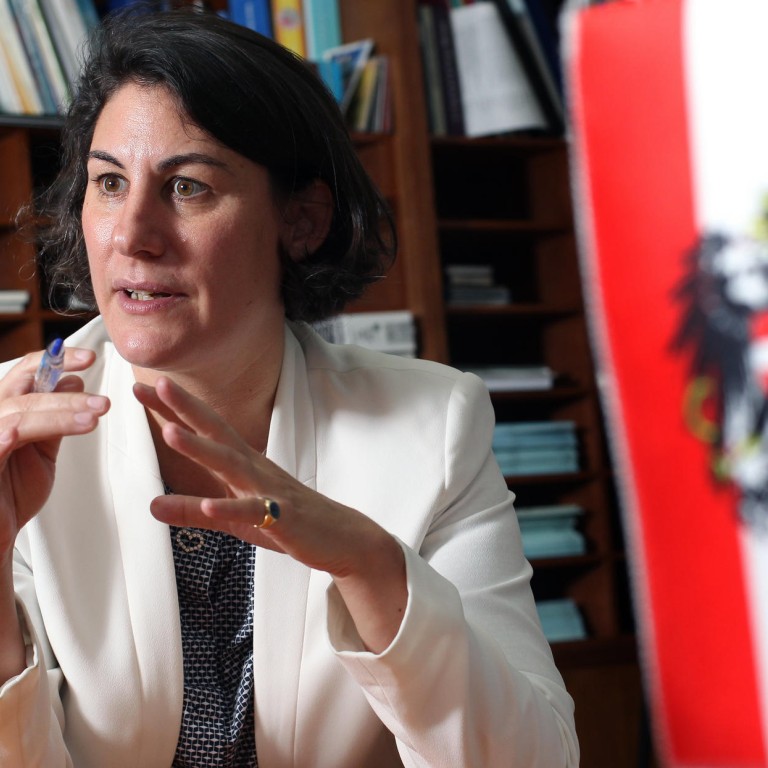
A lesson in providing affordable housing
Vienna may offer an example to Hong Kong in how to supply cheaper homes, according to Austria's consul general in the city
As disgruntled voices about the city's "unlivability" rise along with the property prices, Hongkongers can only envy residents of Vienna - the Austrian capital that has been named the world's most liveable place for six years in a row.
Housing that is affordable and yet of a high quality is the most important factor behind Vienna's reign at the top of a 230-city global list compiled by consulting firm Mercer, according to the country's top diplomat in Hong Kong and Macau. And Hong Kong could, through land tenders, make its own residential estates greener and more innovative by taking a leaf out of Vienna's book, Austrian consul general Claudia Reinprecht said.
"Seventy-five to 80 per cent of people in Vienna live in subsidised housing. It's no social stigma," she said.
"For Vienna and Austria in general, housing is a human right. It has to be guaranteed by the government."
Subsidised homes in Vienna come from two sources: the government, which has built about 220,000 flats, and limited-profit private developers, which have provided another 200,000.
The latter involved a public-private collaboration model started in the 1980s that fostered innovation in design and green technology by offering incentives, Reinprecht said.
Under the model, the city buys land deemed suitable for housing and invites proposals from private firms that will build and retain ownership of the estates.
A jury picks a developer based on four criteria - architectural quality, environmental performance, social sustainability, and economic parameters such as proposed rent and costs. The city then sells the land to the developer at prices below market rates.
"The city gives incentives by encouraging creative themes, such as the car-free estate," she said.
The greener the developer's project, the more subsidies it would get, she said.
Upon completion, developers rent or sell the flats to the public, subject to pricing restrictions.
Rents are capped at €7.50 (HK$66) per square metre, meaning a 40 square metre (430 sq ft) flat can be had for a mere HK$2,640 a month.
Hong Kong's system works differently. Price decides who the government sells land to, so bigger firms have a bidding advantage, even though they may not stress green or high-quality housing.
To strike a balance, the city could consider looking "not only at cost efficiency, but at a broader picture" when assessing tenders, Reinprecht said.
Chau Kwong-wing, chair professor of real estate and construction at the University of Hong Kong, said limited land supply made it difficult for flat prices to come down regardless of the housing model.
However, he said, roping in private developers might lead to more innovation in the usually standardised designs of subsidised housing.
